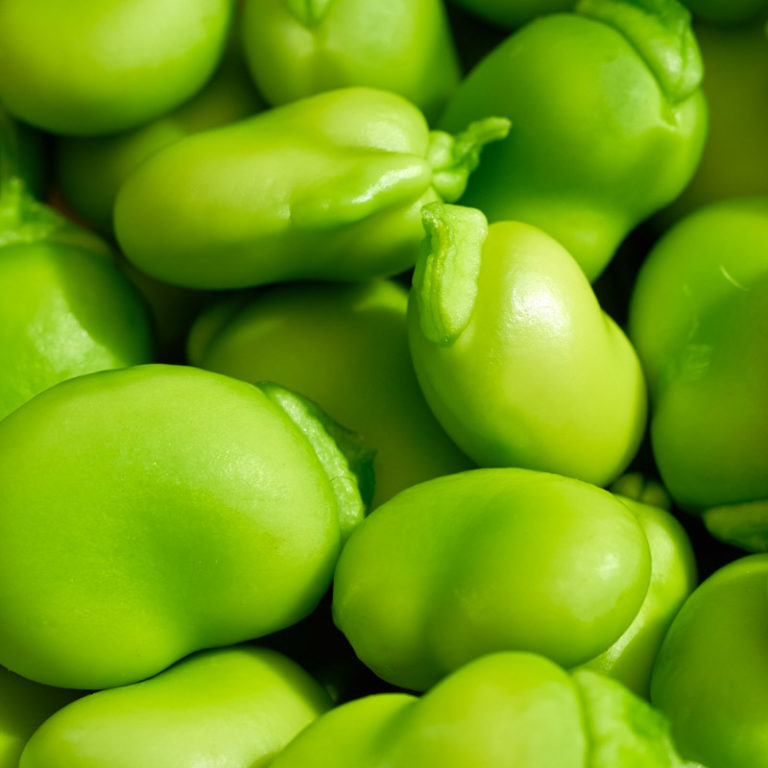The study, conducted by Shabir et al. at the Institute of Parasitology, evaluated peptone supplementation during expression of a 34 kDa Echinococcus granulosus tegumental protein. Using quantitative Western blotting with fluorescent antibody detection, the team compared Typtone N1 with Pea C-Cell P112 and Broad Bean C-Cell F120 peptones across three independent experiments.
Results showed no significant difference in normalized protein expression between the three peptones, with all three significantly outperforming no-peptone controls (p<0.01). Cell viability and density profiles remained similar across all peptone treatments throughout the culture period from 24 to 120 hours post-transfection.
These findings address current concerns regarding animal-derived products, including disease transmission risk, batch variability, and regulatory constraints. The plant-based alternatives eliminate potential mycoplasma and viral contamination sources while supporting sustainable bioprocessing practices.
The study suggests plant-derived peptones represent a viable alternative to TN1 for recombinant protein production in mammalian cell systems, with potential implications for both research-scale and commercial biomanufacturing applications.
October 2025
More info on the poster : HEK293- Protein expression ORGANOTECHNIE



